US hoarding millions of surplus vaccine doses as COVID-19 engulfs ally India, other states
The United States could have as many as “three hundred million surplus COVID-19 vaccine doses” by the end of July even as India and other countries are struggling to curb the spread of the virus, reports say.
While more than 20 million Indians have been infected with the new coronavirus, the United States continues to hoard COVID-19 vaccine doses, despite warnings against the risk of coronavirus variants on the effectiveness of the inoculations.
US President Joe Biden has repeatedly said his administration would help the rest of the world only after all Americans have access to vaccines, drawing condemnation from global health experts and advocates who slam his position as “increasingly untenable” amid India's deepening COVID-19 crisis and a growing global chasm in vaccination rates.
On Tuesday, India reported 357,229 new cases over the past 24 hours, bringing the total to 20.28 million.
The country’s COVID-19 death toll also rose by 3,449 to 222,408, according to Indian Health Ministry data.
Meanwhile, medical experts say the actual figures in India could be five to 10 times higher than those reported.
“We are not dealing with one COVID pandemic. There are multiple strains involved, multiple pandemics really, in different parts of the country,” USA Today cited Manoj Gopalakrishna, CEO of the nonprofit group CARE India, as saying on Monday.
The crisis has left India’s healthcare system completely overwhelmed and hospitals emptied of medical oxygen vital for the survival for those infected.
Even wood used in funeral pyres is in shortage.
The surge in cases comes amid a dramatic drop in vaccinations, due to problems with supplies and delivery.
The crisis has drawn attention to the unequal access to vaccines.
According to Our World in Data, around 43% of Americans have received at least one dose, compared with less than 9% of India’s population.
The World Health Organization says more than one billion vaccine doses have been administered globally, but 82% of shots have been given in high- and middle-income countries and just 0.3% in low-income nations.
“It is an apartheid,” Winnie Byanyima, executive director of UNAIDS, said in a briefing last week hosted by the ONE Campaign, an anti-poverty and global health nonprofit.
The US faces mounting pressure to take a range of steps to expand vaccine access, including sharing more of its doses.
Rep. Tom Malinowski, a former State Department official, said on Monday the US would not use its AstraZeneca vaccine supply so it should share all of it with India and other countries “the moment that can be safely done.”
“There is nothing wrong with engaging in ‘vaccine diplomacy,’” Malinowski said in a statement Monday, stressing that the US had a special obligation to India and other allies.
The US will have adequate vaccine doses to meet the US demand for vaccines in mid-to-late May, according to an April 20 analysis by the Kaiser Family Foundation.
Arthur Caplan, a professor of bioethics at the NYU School of Medicine in New York City, warned that the longer the Biden administration postponed sharing its vaccine surplus, the greater the risk would be that more virulent coronavirus variants emerge and circle back to hit the US population.
In January, at the 2021 Executive Board session of the World Health Organization, Director-General Tedros Adhanom Ghebreyesus described the hoarding of COVID-19 vaccines by wealthy countries as a “catastrophic moral failure.”
This hoarding has continued, and by mid-March, 14 percent of the world’s population had access to more than half its vaccines.
American online magazine Slate on Monday reported that, “Modeling suggests that this trend of wealthy countries stockpiling COVID-19 vaccines will result in nearly twice as many deaths as would occur if vaccines were shared equally across the globe, with an economic cost running into the trillions of dollars.”
The report warned that failure to vaccinate globally “may also give time for new variants to undermine existing vaccinations, and draw out the pandemic.”
“An entire nation of vaccinated people isn’t safe from the effects of this pandemic. Global trade and travel are still disrupted; and variants are still going to nibble away at a nation’s immunity to COVID-19. The costs of maintaining a defensive posture will drag out.”
American magazine The Atlantic cited Duke University’s Institute of Global Health as saying that the US had “secured more doses than it will ever need.”
Staff writer Yasmeen Serhan said, “[According to] its most recent report, even if you take out the doses that the US will likely need for booster shots and to vaccinate children when they become eligible, the US could have as many as three hundred million surplus doses by the end of July.”
‘It’s kind of a domino effect’
The Atlantic also warned that the crisis in India would affect adjacent countries who were counting on vaccines from India, which is home to the world’s largest vaccine maker, the Serum Institute.
The Serum Institute is one of the biggest providers to COVAX, the international initiative that aims to equalize vaccine distribution around the world.
“It’s kind of a domino effect: One country’s crisis is every country’s crisis. Because what happens in India doesn’t stay there — not just with variants, but also with vaccines,” the Atlantic said.
VIDEO | 85% of Yemeni displaced people face daily hunger crisis
US House passes bill targeting charities and pro-Palestine groups
VIDEO | Supporting Gaza genocide
Hezbollah attacks Israeli forces after Lebanese homes blown up
World leaders, states hail ICC arrest warrants for Netanyahu, Gallant
MP: US accountable for possible Israeli 'foolishness' to attack Iraq
VIDEO | Israeli policies strangle Palestinian agriculture, economy
Iran's president offers condolences to Pakistan over terrorist attack


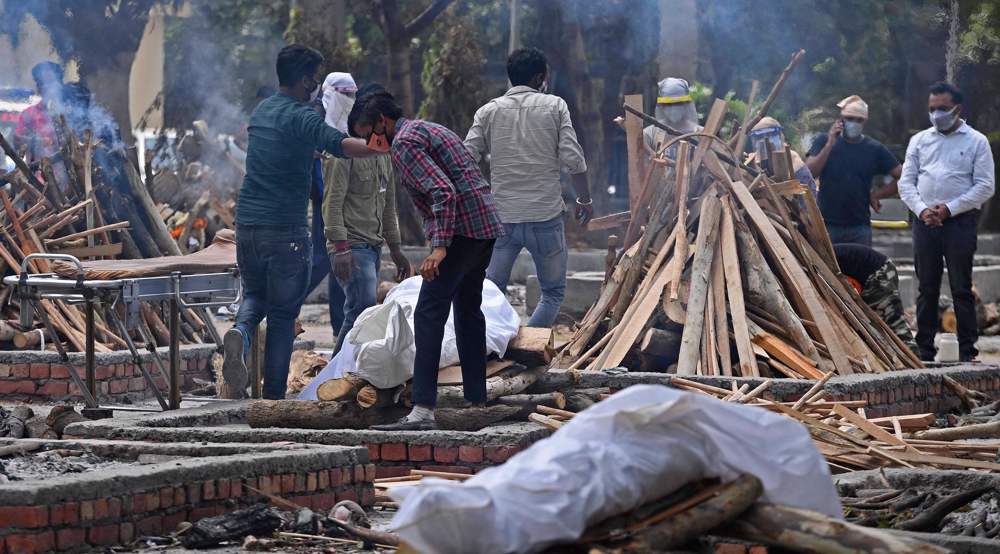
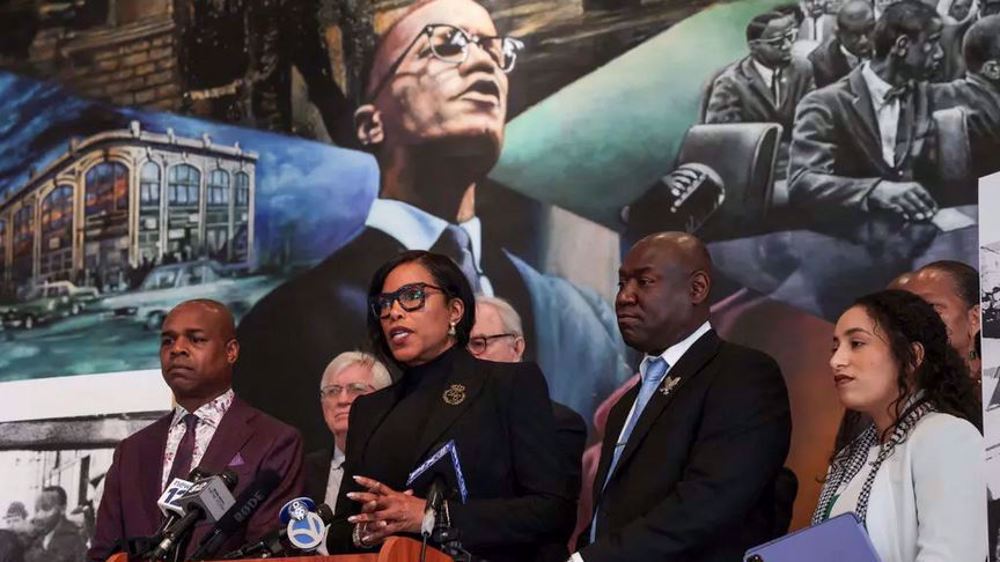
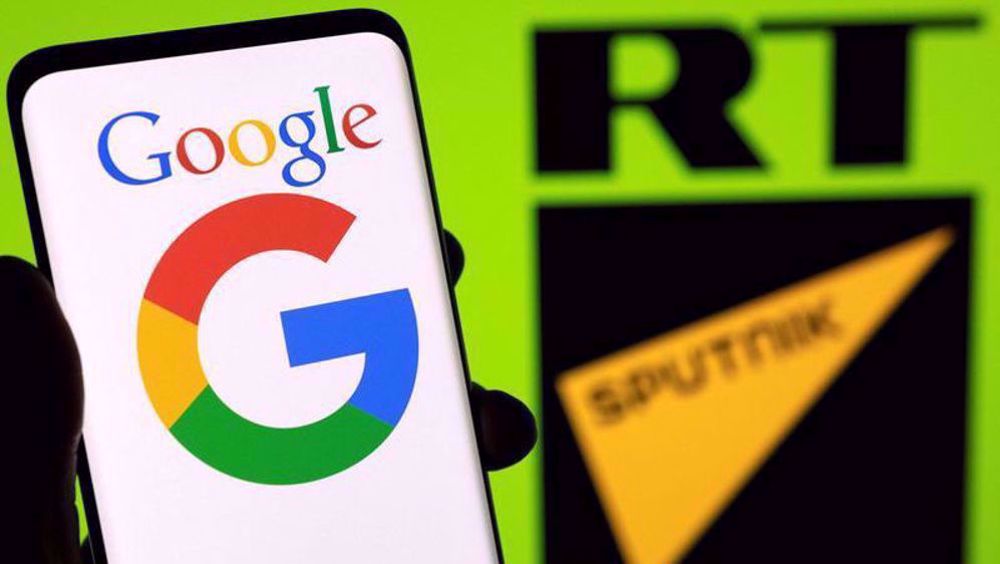
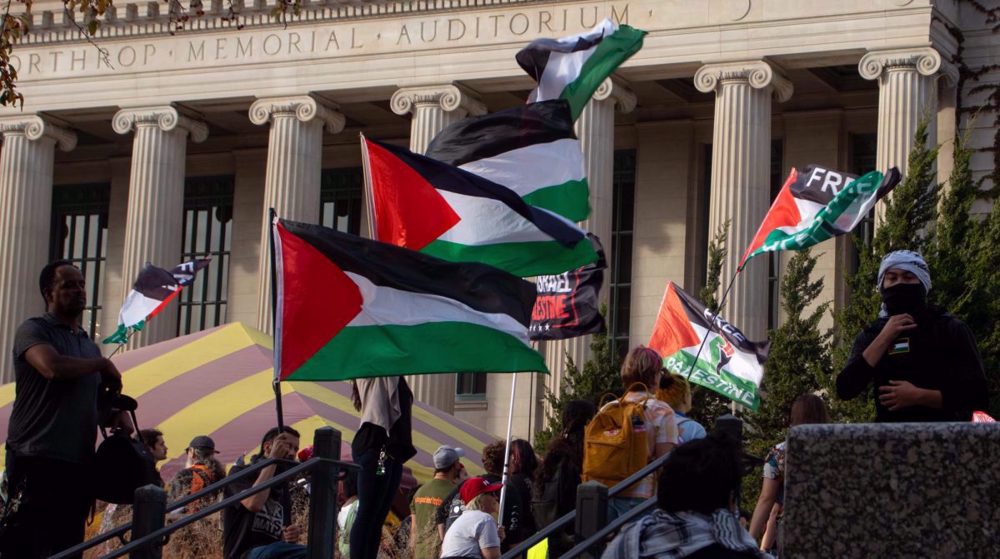



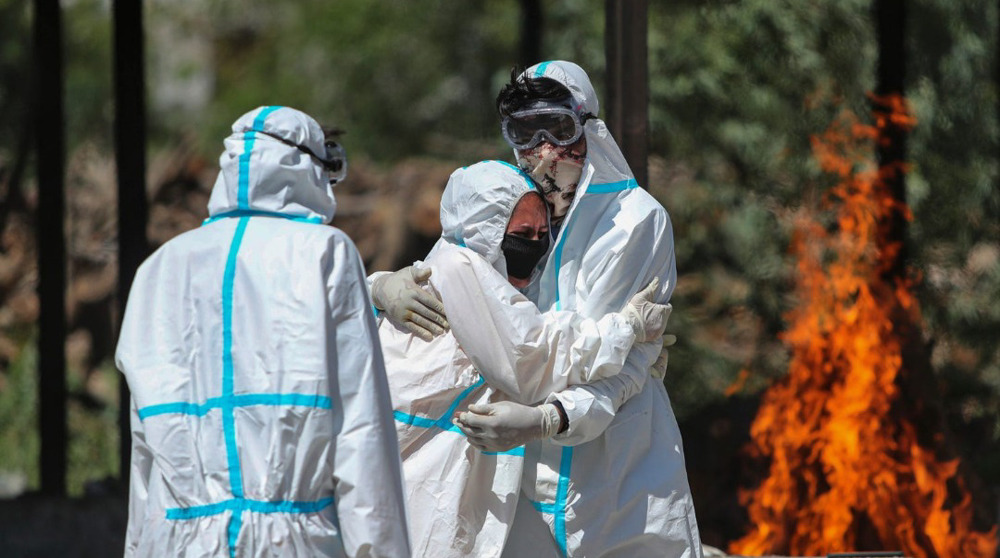


 This makes it easy to access the Press TV website
This makes it easy to access the Press TV website